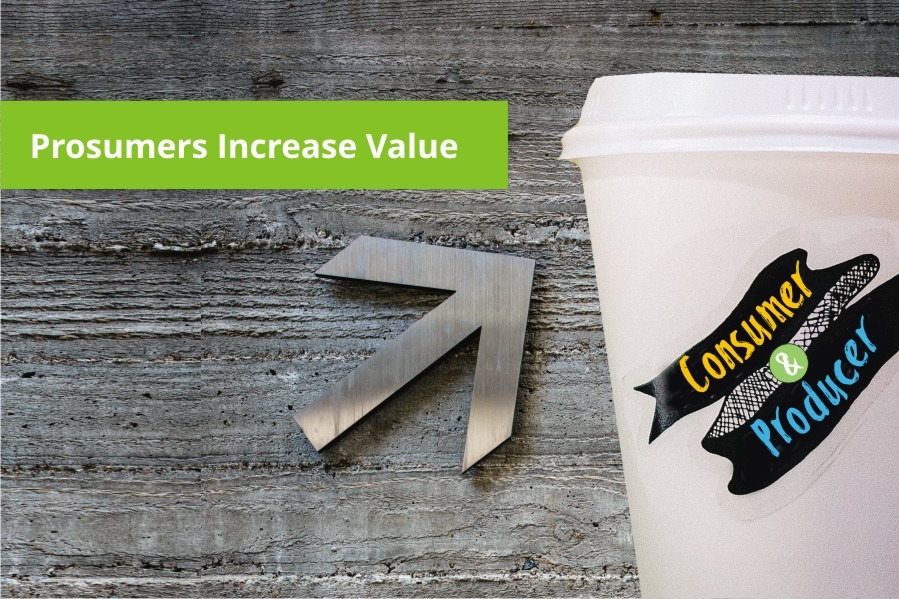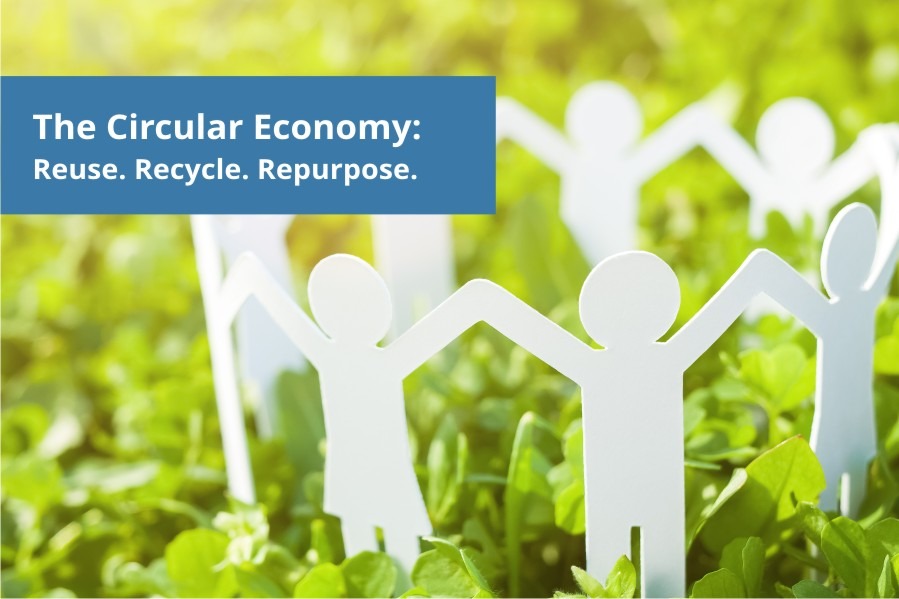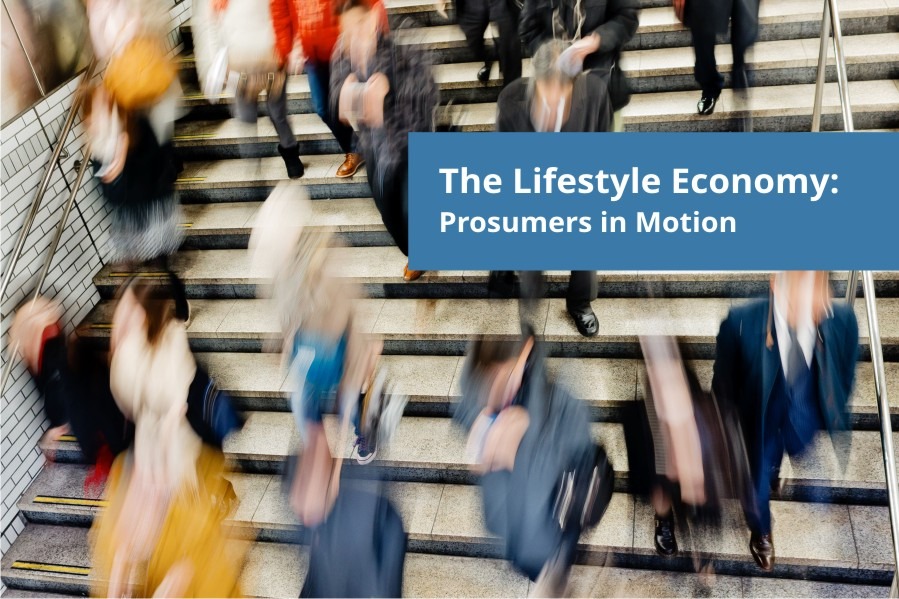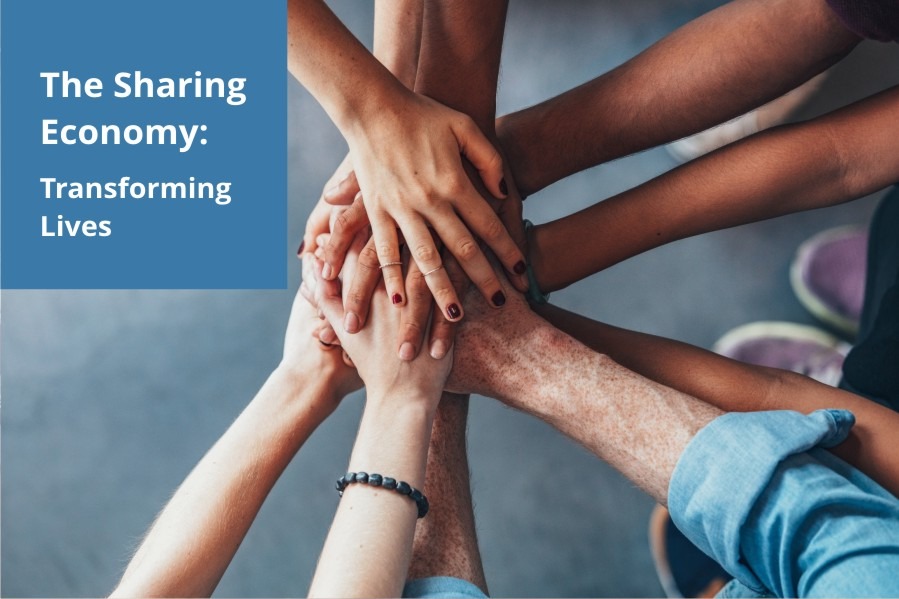Prosumers Increase Value
Measurable Impact
Prosumers continue to influence and grow markets. Once thought of as outliers, they are now considered more mainstream. As a result, companies worldwide are actively seeking to cultivate relationships with them. A prosumer’s attitude and behavior — as well as their willingness to be involved in the production process — motivates them to have a strong sense of ownership and loyalty. This sense of ownership drives them to perceive purchases in a very personalized way. Organizations are quick to realize the upside, as many co-creators are willing to pay more for a product or service if they can customize it to fit their needs.
Engaging at each level is extremely profitable organizations.
From the beginning of the buying cycle the “whole experience” is important to them. It starts with the acquisition process, and continues on to determining how the product or service is used, and then ultimately having the opportunity to give feedback on its impact. Each stage of the process provides innovative companies the opportunity to be more profitable at every step of the way.
Different Values Create Different Ways to Increase Value
Prosumers are varied and generate different kinds of demand. For example, a DIY consumer will often pay more for a quality product, that they will use again and again, because they balance it with the rationalization that they are saving on labor costs. The lifestyle customer will pay a premium for goods or experiences that afford them the luxuries and the status they desire. And there are also the social influencers, who are willing to absorb a higher price for premier access to what that they feel will elevate their status or make them more in demand.
Each of us puts a different value on the same thing. For example, a simple scenario like coffee illustrates this. No matter if you desire your “cup a joe” to be a generic cup of black coffee or a triple, Venti, half sweet, non-fat, extra hot, Caramel Macchiato — there is something for everyone. A strong correlation exists that demonstrates that the more individuals are engaged with a product the more they are willing to pay for – and some even enjoy promoting it.
Starbucks is a prime example of a company that is selling more than just a cup of coffee. With each purchase Starbucks is selling a custom product, a social status symbol, the convenience of having it immediately tailor-made for you, a comfortable place to connect with friends and the personalized experience of being able to hear your name called out as they hand you your creation. The cost for this is a great deal more than if you made a cup at home, yet Starbucks has become a cultural phenomenon across the globe.
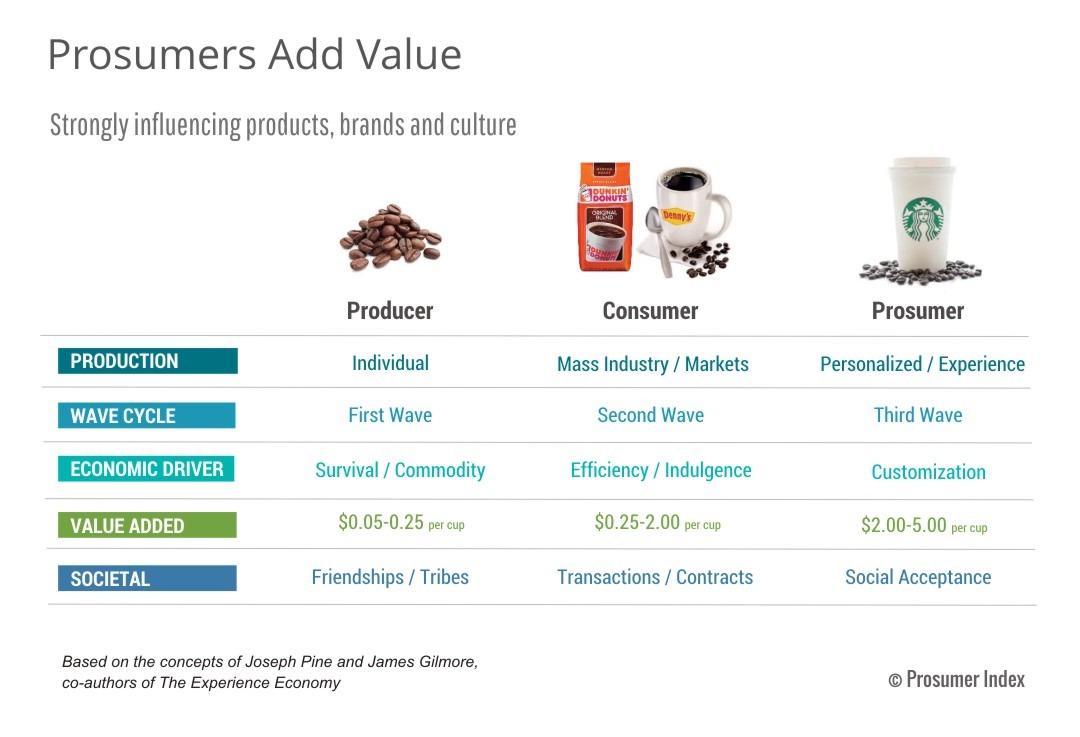
From Commodity to Customization
In his book, The Third Wave, author and sociologist Alivn Toffler opines that progress in human culture consists of three basic stages or waves. The first is the Agricultural Revolution where people produce and share goods and services mostly for themselves and their families. The second wave is the Industrial Revolution where goods and services are massed produced for exchange or resale. The third wave is the Information Age where civilization is more knowledge-based and technology allows for individuals to play an active role in creating the products they use.
The chart below shows how this translates into value-added pricing possibilities as it relates to participation levels.
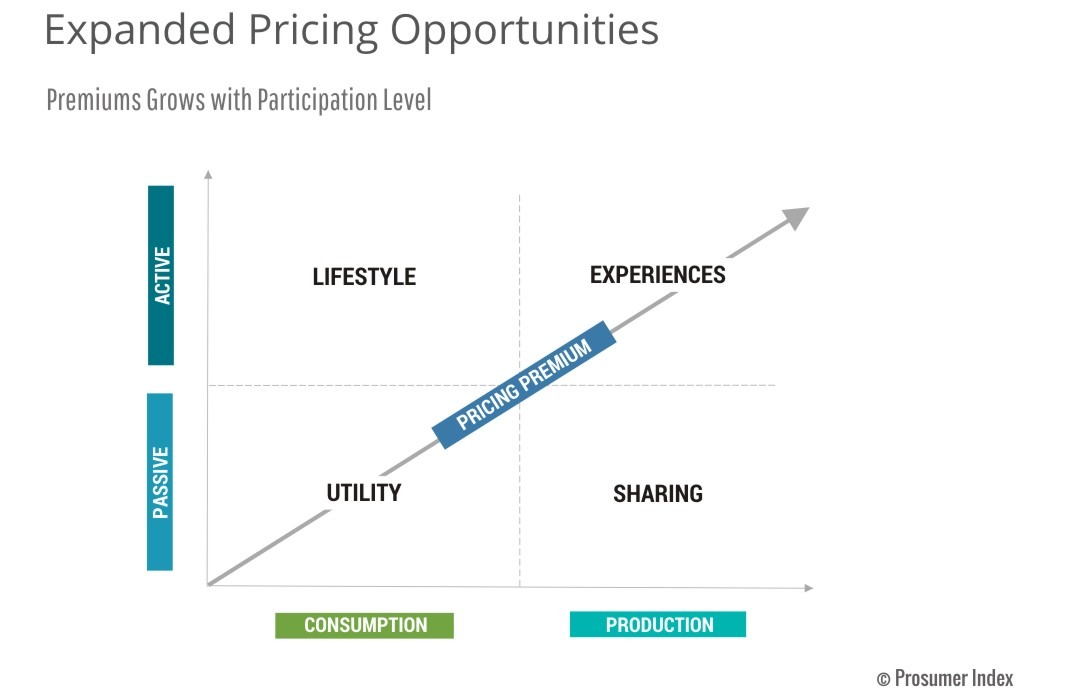
The Progression of Economic Value
Once a company evolves its offering through the stages to create a foundation where experiences become an important way customers engage, the company is no longer in complete control of their brand, products and messaging. If managed well, this is where prosumers provide a significant increase in value. Not only are they willing to pay more for a great deal more for experiences than commodities, they also become loyal advocates for the brand.
Share Prosumer Index
Impacting Innovation. ProsumerIndex.com is an independent research site focused on identifying and following innovative prosumer-driven thematic trends that are driving the new economies and impacting global markets. This article is for informational purposes only and to provide general knowledge about Prosumers, related brands and companies. We do not provide investment advice or product recommendations. The information on this site should not be used as a substitute for business, professional financial, legal, accounting or tax guidance.

